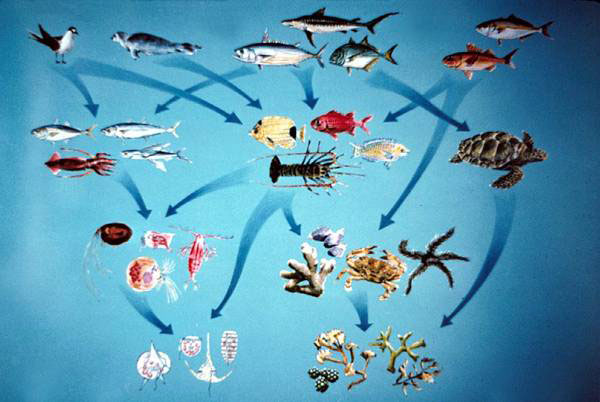yanomami.net – The vast oceans of our planet are home to a diverse array of life, including some of the most formidable predators on Earth. These apex predators sit at the top of the marine food chain, playing crucial roles in maintaining the balance of marine ecosystems. From the swift and agile dolphins to the majestic and powerful great white sharks, these creatures have evolved to become the ultimate hunters of the sea.
The Role of Apex Predators in Marine Ecosystems
Apex predators are more than just fearsome hunters; they are essential for the health and stability of marine ecosystems. By preying on a variety of species, they help to control populations and prevent any one species from dominating the ecosystem. This balance is critical for the survival of other marine life, as it ensures that there is enough food and space for all inhabitants of the ocean.
Characteristics of Ocean Predators
Ocean predators possess a range of adaptations that make them highly effective hunters. Many have keen senses, such as excellent eyesight or an acute sense of smell, which help them locate prey. Others have developed physical traits, like sharp teeth or powerful jaws, to capture and kill their targets. Some, like the orca, also exhibit complex social behaviors and cooperative hunting strategies.
Notable Ocean Predators
Great White Sharks
The great white shark is perhaps the most iconic of all ocean predators. With its massive size and powerful bite, it is capable of taking down large marine mammals, such as seals and sea lions. Despite their fearsome reputation, great white sharks are crucial for maintaining the balance of marine ecosystems.
Orcas (Killer Whales)
Orcas are the largest member of the dolphin family and are known for their intelligence and complex social structures. They are apex predators that hunt a wide range of prey, including fish, seals, and even other whales. Orcas use sophisticated communication and cooperative strategies to take down their prey.
Sperm Whales
Sperm whales are the largest of the toothed whales and are known for their deep dives in search of giant squid, one of their primary food sources. These massive creatures play a significant role in the deep-sea ecosystem, influencing the distribution and abundance of deep-sea species.
Conservation Challenges
Despite their formidable nature, ocean predators face numerous threats, including overfishing, habitat destruction, and pollution. These challenges can disrupt the balance of marine ecosystems, leading to declines in predator populations and potential ecological imbalances. Conservation efforts are essential to protect these species and ensure the health of our oceans.
Conclusion
Ocean predators are not just fascinating creatures; they are vital components of the marine ecosystem. Their role in maintaining balance and biodiversity underscores the importance of protecting these species and their habitats. As we continue to learn more about these apex predators, it is crucial that we take action to ensure their survival for future generations.
